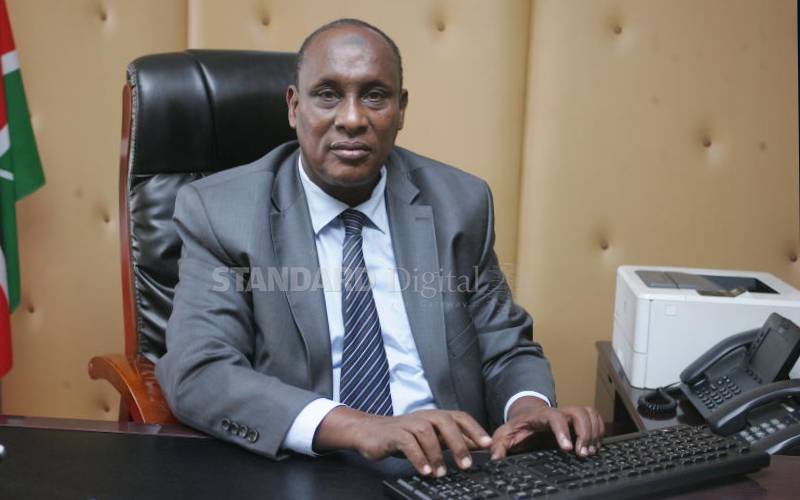
“One time an old man called me,” he says, with the air of one retelling a story over a fire. “This old man had not gone to school, but he was one of those very wise old men. I was barely 18. He said, ‘Young man, you might go far in life, but remember one thing: if you get power, please put it under your feet. Not on your head to show off. Because if you put it on your head, like a nail, it will bring you down. If you put it under your feet, it will uplift you.”
That sage advice has guided Ministry of Interior Chief Administrative Secretary Hussein Dado’s life.